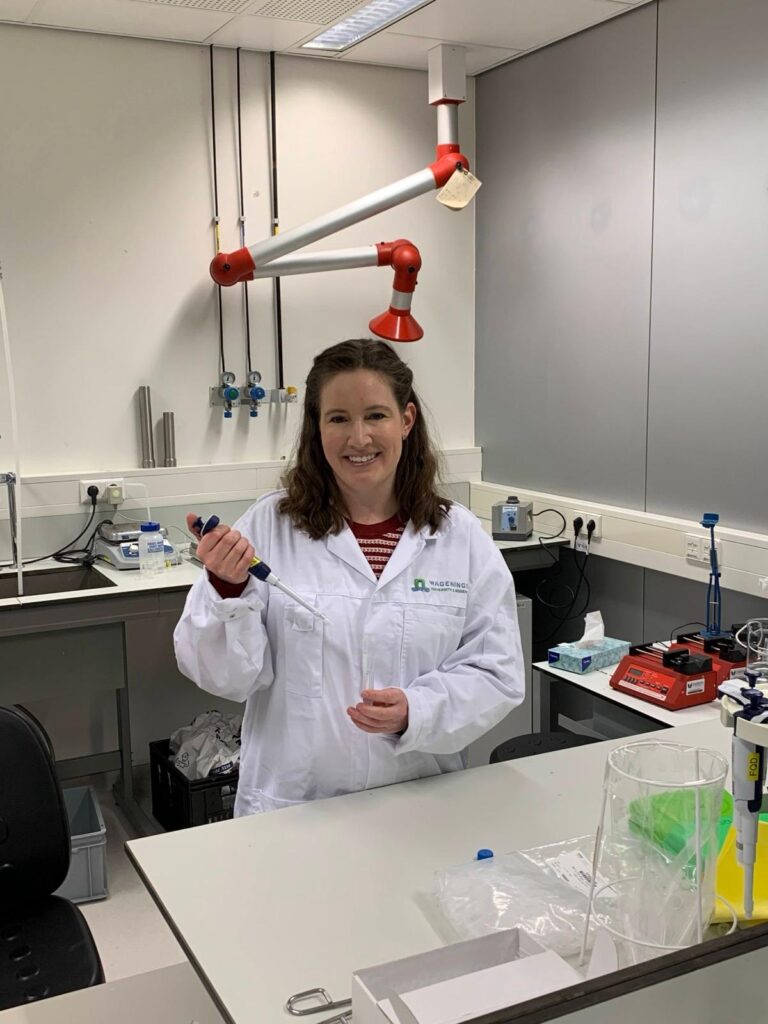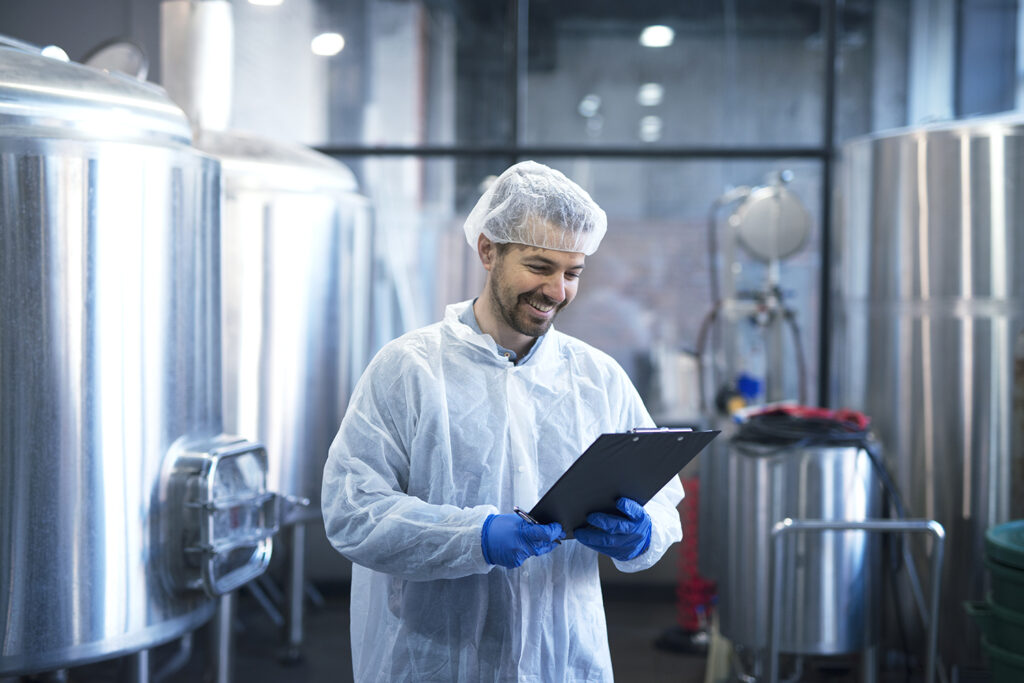Many people are unfamiliar with the field of food science, often thinking there aren’t many job opportunities in this area.
However, food science offers a wide variety of career paths! In this post, we’ll explore six different roles a food scientist might take on.
Product Development


Product development is one of the most popular roles among food science graduates.
Product developers create new food ingredients, products, or beverages.
They’re responsible for crafting the initial formula and step-by-step instructions for making a product.
This role is a mix of science and creativity, as developers must understand food chemistry and microbiology while staying up-to-date with industry trends.
For example, they may create new snack flavors or find ways to replicate a well-known product at a lower cost.
Quality Assurance
Quality assurance (QA) specialists ensure consistency in food products, regardless of production time or location.
QA analysts frequently test the properties of food, like color, fat content, and moisture, to ensure they meet established standards.
For instance, a QA specialist for a frozen pizza brand might set a rule for how many pepperonis go on each pizza, ensuring every box matches consumer expectations.
This role involves a lot of lab work and analytical testing, similar to experiments done in university labs.
Food Safety Scientist


Food safety is the top priority for any food company, as foodborne illness outbreaks can devastate a brand’s reputation.
Food safety scientists work in manufacturing plants, ensuring the environment and processes are free from harmful bacteria, yeast, and mold.
They routinely swab equipment and conduct internal audits to prepare for official inspections.
This role is crucial for protecting public health and upholding the company’s reputation.
Sensory Scientist
Sensory scientists analyze the sensory experience of eating – taste, smell, texture, and appearance.
They gather data from human taste panels, asking participants to rate characteristics like texture or flavor intensity.
Sensory science requires a strong understanding of statistics, as the data collected is often analyzed through various statistical methods.
It’s a fascinating role, blending sensory testing with scientific analysis.
Food Process Engineer


Process engineers design and optimize the large-scale production processes needed to manufacture food.
This job is highly technical and involves calculations related to equipment capabilities and food flow.
For example, a process engineer may calculate the heating time required to ensure food safety or determine the pump strength needed to move chocolate between machines.
Individuals with engineering backgrounds often fill this role, though some food scientists also work in this area.
Food Researcher
Food researchers tackle complex, long-term problems that require years, even decades, to solve.
In a research and development (R&D) setting, they might work on projects like developing calorie-free sweeteners that taste like sugar or creating dairy proteins without cows.
Large companies often require advanced degrees for this role, but smaller companies may hire bachelor’s degree holders for R&D positions.
Summary
If you’re exploring a career in food science, these roles offer a great starting point.
Food science is a dynamic field with diverse opportunities, blending science with creativity and innovation!

